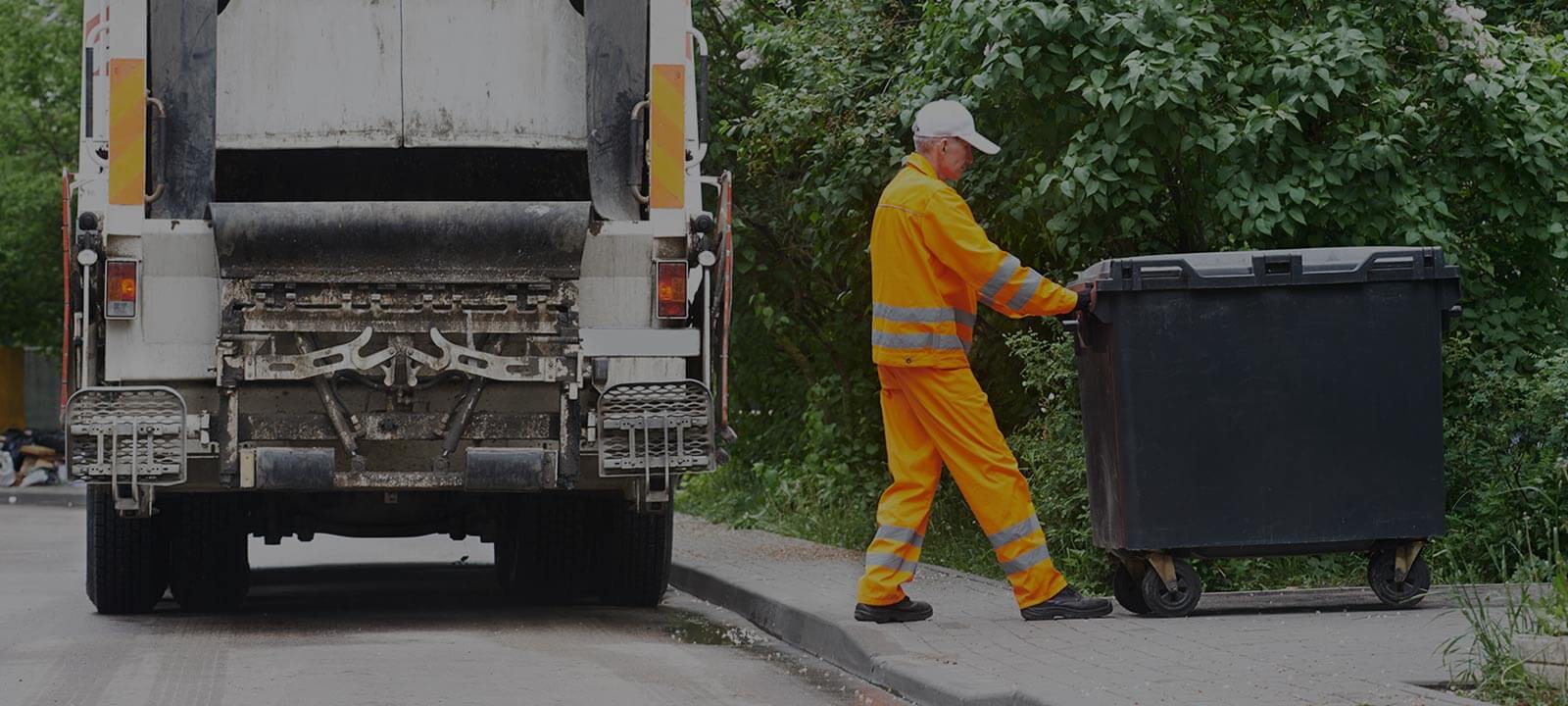What You Need to Know about Recycling in the UK Today
Posted on 30/03/2025
In recent years, the issue of recycling has gained significant attention in the UK. With a growing concern for the environment and increasing pressure to reduce waste, more people are turning to recycling as a solution. However, there is still a lack of awareness about the importance and benefits of recycling. In this article, we will delve into what you need to know about recycling in the UK today.
The Importance of Recycling
Recycling is vital for preserving our planet and ensuring a sustainable future. The process involves converting waste materials into new products, reducing the need for raw materials and conserving natural resources. By recycling, we can help to conserve energy, reduce pollution and greenhouse gas emissions, and minimize the amount of waste that ends up in landfills.
In addition, recycling helps to create jobs and boost the economy. According to a report by WRAP (Waste and Resources Action Programme), over 200,000 jobs were supported by recycling activities in the UK in 2016/17. This shows that recycling not only benefits the environment but also has a positive impact on society.

Types of Recycling in the UK
There are various types of recycling in the UK, including household recycling, commercial recycling, and industrial recycling. Household recycling is done by individuals at home, while commercial recycling is carried out by businesses and institutions such as offices, schools, and hospitals. Industrial recycling refers to large-scale operations that involve processing large quantities of waste materials.
The most commonly recycled items in the UK include paper, cardboard, glass bottles and jars, plastic bottles and containers, metal cans and tins, and textiles. These materials can be recycled into new products such as newspapers, packaging materials, furniture, clothing, and even playground equipment.
Recycling Process
The first step in the recycling process is collection. For household recycling, this is usually done through curbside collection, where households have designated bins for different types of recyclable materials. Commercial and industrial recycling may involve using dedicated waste management companies.
Once collected, the materials are sorted and cleaned to remove any contaminants. The next step is processing, which involves shredding, melting, or pulping the materials to prepare them for reuse. Finally, the recycled materials are made into new products, completing the recycling loop.
The Pros and Cons of Recycling
Like any other practice, recycling has its own set of pros and cons. On the positive side, recycling reduces the amount of waste that ends up in landfills, conserves natural resources, and saves energy. It also creates jobs and helps to boost the economy.
However, recycling is not without its challenges. One of the major issues is contamination of recyclable materials due to incorrect sorting or mixing of different types of materials. This can result in rejected batches of recycled goods and increase costs for waste management companies.
Tips for Effective Recycling
To ensure efficient recycling, here are some tips you can follow:
1. Educate yourself on what can and cannot be recycled in your area.
2. Rinse out containers before recycling to avoid contamination.
3. Separate recyclables properly into designated bins.
4. Avoid putting plastic bags in recycling bins as they can jam machines.
5. Look for products made from recycled materials when shopping.

Key Takeaways
1. Recycling is essential for preserving the environment and creating a sustainable future.
2. There are various types of recycling in the UK including household, commercial, and industrial.
3. The process involves collection, sorting, cleaning, processing, and producing new products.
4. While there are benefits to recycling, contamination remains a challenge.
5. To recycle effectively, educate yourself on local guidelines and take proper precautions when disposing of waste.
Conclusion
Recycling is not only a responsibility but also a privilege. By making small changes in our daily habits, we can contribute to a healthier planet for future generations. Now that you know the basics of recycling in the UK, it's time to take action and be a part of this positive movement towards a greener and more sustainable future. So, let's all do our part and recycle today for a better tomorrow.
Latest Posts
Reusing for Resource Conservation
Industry applauds government's dedication to improving e-waste recycling practices






